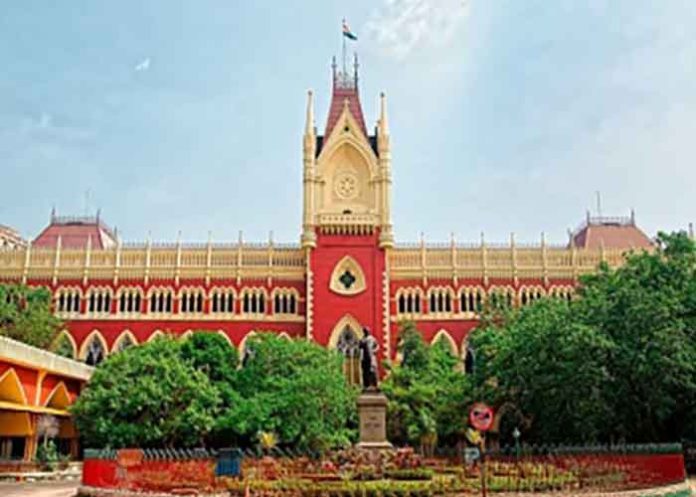The expired saline death case has prompted the West Bengal health department to take immediate measures, banning the use of Ringer’s Lactate (RL) saline across all medical facilities in the state. The action comes after the tragic death of a 25-year-old woman at Medinipur Medical College and Hospital, allegedly caused by the administration of expired saline last week.
The Central Medical Stores (CMS) in Kolkata issued an urgent notification instructing medical superintendents and chief medical officers statewide to cease using the RL saline supplied by Paschim Banga Pharmaceuticals Pvt. Ltd.
Statewide Ban And Compliance Orders
The CMS notification outlined critical directives for hospitals:
- Immediate cessation of the specific RL saline usage.
- Withdrawal of existing stock from wards and storage in sealed spaces.
- Submission of a compliance report to ensure adherence to the directives.
This swift action follows widespread public outrage and legal interventions, including two public interest litigations (PILs) filed in the Calcutta High Court, demanding accountability for the tragic incident.

Details Of The Incident
The case unfolded last week when five pregnant women were critically admitted to Medinipur Medical College and Hospital after allegedly being administered expired saline. Tragically, one of them, Mamoni Ruidas, died on Friday.
The remaining four women remain under treatment, with three of them shifted to S.S.K.M. Medical College and Hospital in Kolkata on Sunday night following a deterioration in their health. The incident has spotlighted serious deficiencies in the state’s healthcare system.
The RL saline was reportedly supplied by Paschim Banga Pharmaceuticals Pvt. Ltd., a company previously banned by the Karnataka government and later by West Bengal for safety violations.
Political Fallout And Legal Action
The incident has sparked political and legal repercussions:
- Political Demands: Suvendu Adhikari, Leader of the Opposition in the West Bengal Assembly, has demanded that FIRs be registered against Chief Minister Mamata Banerjee, Health Minister, and Health Secretary Narayan Swarup Nigam.
- High Court PILs: Two PILs filed in the Calcutta High Court have sought an investigation and strict accountability for the negligence.
This tragedy has intensified criticism of the state government’s oversight of public healthcare.
Recurring Issues In Bengal’s Healthcare System
The expired saline incident has rekindled concerns about governance and systemic lapses in the state’s healthcare system.
- Recent Scandals: A recent case at R.G. Kar Medical College and Hospital in Kolkata revealed financial irregularities. Former principal Sandip Ghosh allegedly promoted the use of expired and ineffective drugs for personal gain.
- Systemic Weaknesses: The recurrence of such incidents points to critical gaps in quality control, procurement, and monitoring within the healthcare infrastructure.
Experts have underscored the need for comprehensive reforms to prevent further mishaps.

Public Outcry And Expert Recommendations
The public response to the tragedy has been one of anger and concern. Citizens have called for stricter oversight and reforms to prevent such incidents in the future.
Healthcare experts and policymakers have recommended several measures:
- Improved Procurement Protocols: Ensure rigorous checks on pharmaceutical supplies.
- Training For Medical Staff: Enhance awareness among healthcare workers to identify and avoid using expired products.
- Regular Audits: Conduct frequent audits of procurement and usage to detect and prevent negligence.
- Accountability Mechanisms: Establish robust systems to hold individuals and institutions accountable for lapses.
The health department’s swift action in halting the use of the saline is seen as a necessary first step but is unlikely to quell the demand for deeper systemic changes.
Impact And Way Forward
The expired saline death case has cast a harsh spotlight on the vulnerabilities of West Bengal’s public healthcare system. While the immediate ban on RL saline may mitigate risks in the short term, the incident underscores the urgent need for systemic reforms to rebuild trust in public health institutions.
The government has pledged to investigate and take strict action against those responsible. However, public and legal scrutiny will likely remain intense until tangible improvements are seen in the state’s healthcare oversight mechanisms.
The expired saline death case serves as a wake-up call for West Bengal’s healthcare system, highlighting the critical importance of vigilance, accountability, and systemic reform to safeguard patient safety.

